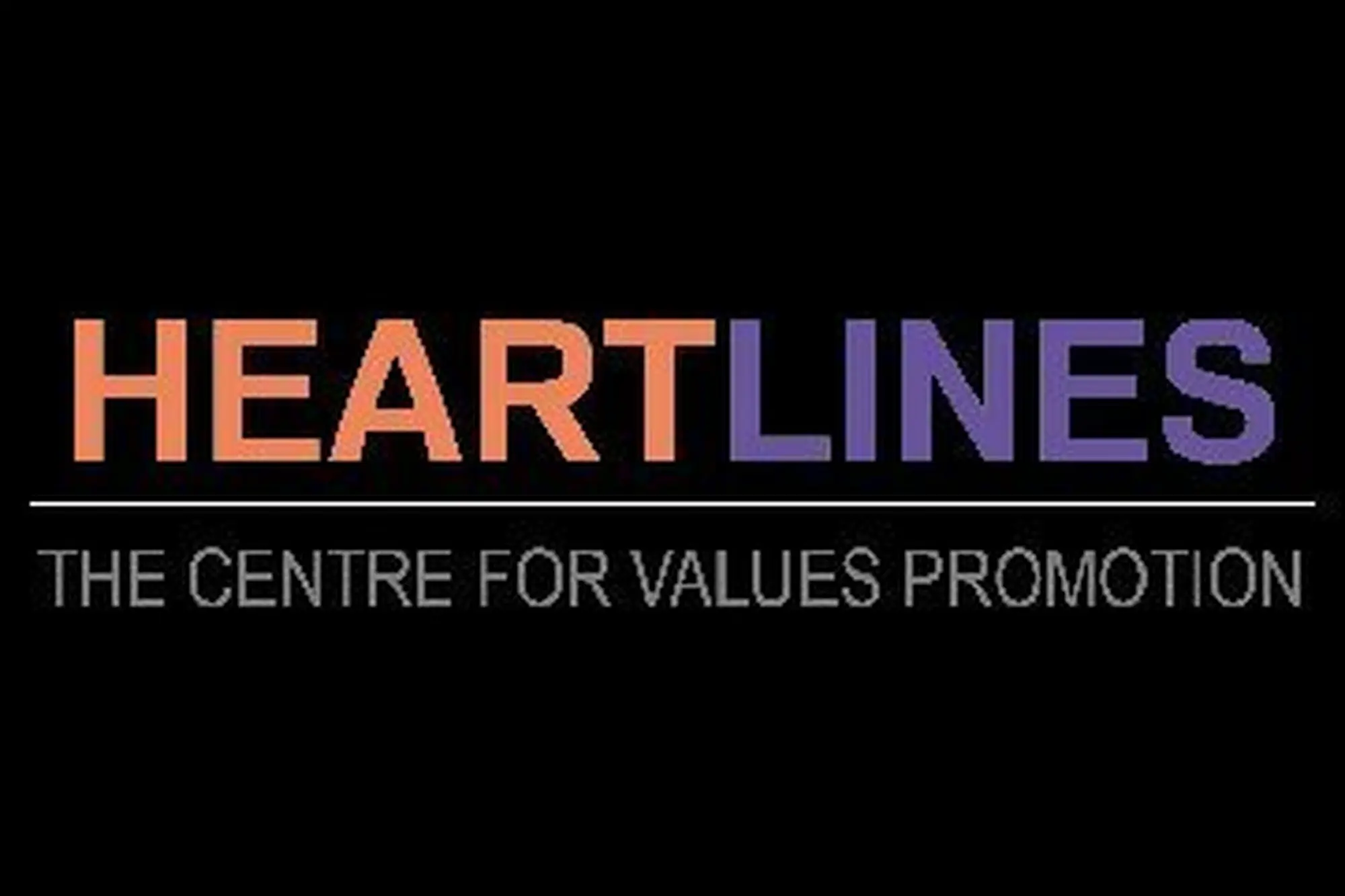Our funerals all too often a crippling cost
Gang , Gambling* Simon Lerefolo reflects on the high cost of funerals in tough economic times *

In the light of the passing away of our former president and father of the nation, Tata Nelson Mandela, it is important that we as a nation take time to reflect and ask ourselves critical questions.
As mourners made their way into the Soweto Stadium via public transport, appropriately dresses for the raise, it gave me a reason to reflect on both Madiba’s legacy as well as the impact of that critical institution of grief, our funerals.
We know that a funeral performs an essential function of bringing closure to those who grieve and paying tribute to those who have passed. But, when did the funeral become a costly status symbol? How did we allow this essential religious and culture service to serve a culture of bling?
The economic state of the average South African family is appalling. That said, one wonders why funerals have become such a show off by the bereaved family. With the cost of a decent funeral said to be as high as R60 000, it seems the meaning of a funeral has moved from being a moment of paying our last respect to a moment of impressing people.
Like much of our cultural heritage, a number of values and principles have morphed. This is due to a number of factors. Traditional and cultural ways of burying people have become a lucrative business. The Insurance SETA estimates that the South African funeral sector is worth R5-billion. In the old African context a cow would be slaughtered to use its skin to cover the body and use it as a coffin. These days a casket will set you back as much as R50 000. Also, the meat from the cow would be used to provide a meal for those who came to mourn with the family.
With every funeral there is an element of mourning the loss and celebrating the life of a person. This can be done in many ways, but not necessarily through throwing a big party. In recent years it seems we have moved from celebrating a life to throwing big expensive parties. From luxury rented cars to three course meals, red carpets at the cemetery and very expensive caskets, the list goes on and on. It is also sad that the bereaved family goes all out to buy new clothes to wear on the day of the burial, some even getting into debt.
Revisiting the recent memorial service of our dear Nelson Mandela, US President Barack Obama said that we could draw many lessons from our national hero and father: “That is why we learned so much from him (Nelson Mandela); that is why we can learn from him still. For nothing he achieved was inevitable. In the arc of his life, we see a man who earned his place in history through struggle and shrewdness; persistence and faith. He tells us what's possible not just in the pages of dusty history books, but in our own lives as well.” The shrewdness that was in Tata speaks of the wisdom and prudence that was in him. We can learn a lot from that. We as a nation and as individuals need the wisdom and good stewardship of our finances in order to continue with the legacy that Tata left for us.
I would like to take the challenge and ask myself, how I am I going to continue this legacy? We know that Tata Mandela lived a values-based life. Those values permeated his beliefs, his behaviour and his choices.
Following in Madiba’s footsteps means picking up that values-based mantle in everything - including our finances. It reflects in the way I manage my finances, in the way I spend money and in the way I teach my children to value it. Let us work hard to leave a legacy of financial freedom and not debt. This includes rethinking the values we place on financial display at funerals.
I have made a commitment to do my best to keep the cost of the funerals I am involved in as low as possible and not try to impress people who are never impressed anyway.
With all this in mind, the values-based NGO HEARTLINES are running a money and values campaign to encourage the people of South Africa to have a conversation about how we earn money, how we use it, how we save it and how we give it away.
It is a campaign that is much-needed. We know, for example, that more than 12 million South Africans are indebted. We are a nation struggling with debt, materialism, greed and corruption to name but a few.
Madiba’s challenge is clear: Live a meaningful life. Our attitude towards money reflects our values towards money. What do we value more? Whether we are part of a faith-based approach to addressing issues of money or simply seeking a way to manage our finances better, the question we really need to ask ourselves is: Where are we investing our resources and what does it say about us?
And, then, we need to challenge the status quo and live out our true values.
Simon Lerefolo is a member of the HEARTLINES board, an executive committee member and pastor at His People Church, Johannesburg.
Featured






